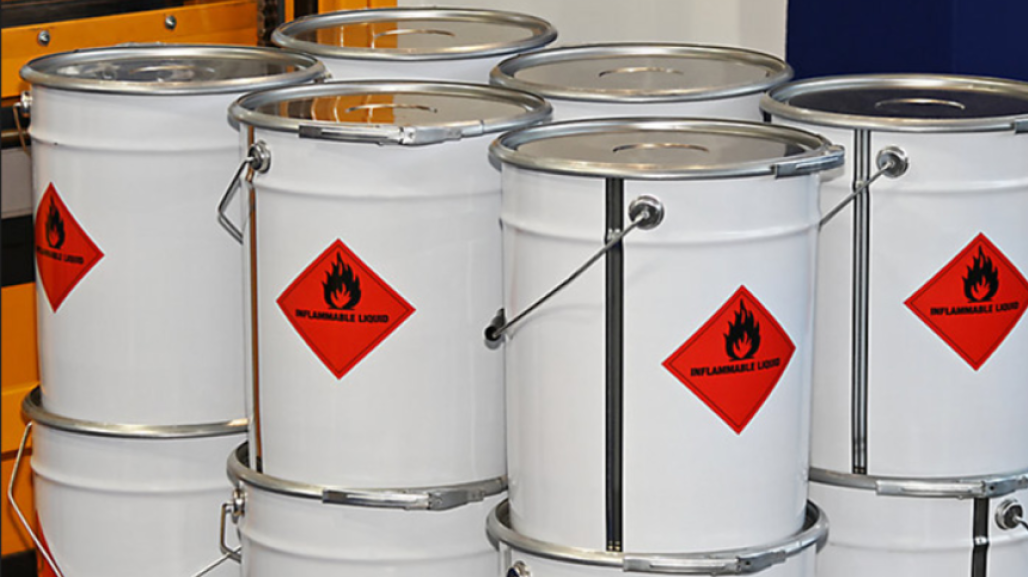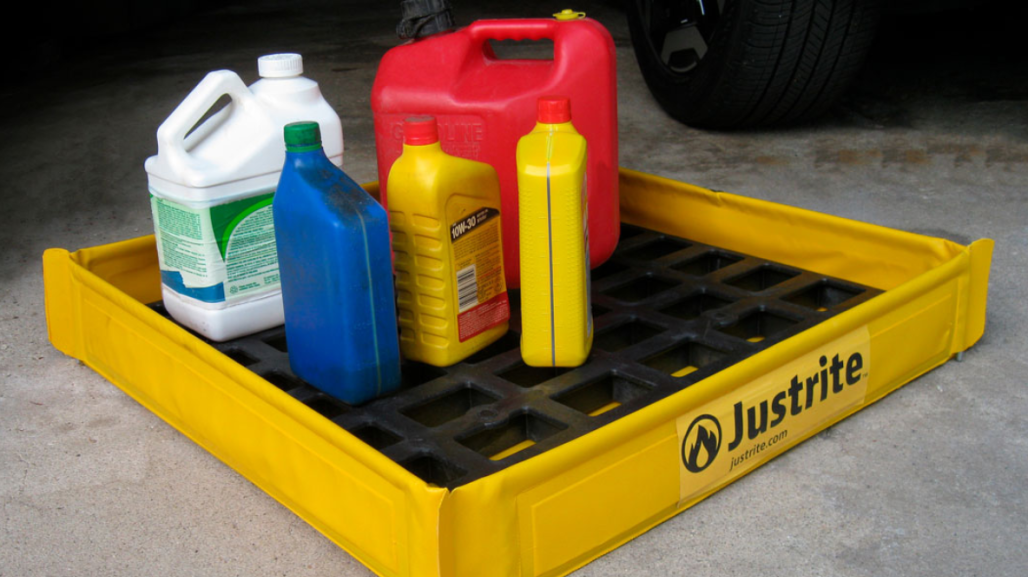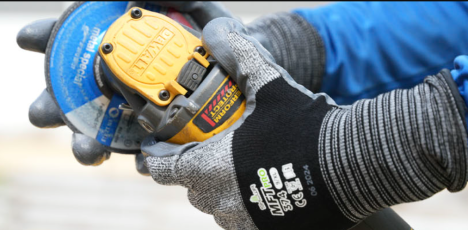When you think of rubber gloves, what comes to mind? Maybe you think of the yellow gloves your grandmother used to wear while washing dishes, or perhaps the latex gloves the nurse wears when you get a shot. You might think of gloves you have worn in the workplace or gloves you put on when cleaning up a horrible mess at home.
People conjure up so many different images when they think about rubber gloves because the category of “rubber glove” actually covers a lot of different products. Gloves, bracelets, bullets, flooring, tires, and wedding rings are just a handful of the many products you will find made of rubber.
In this article, MCR Safety is going to highlight the differences between latex and rubber. They’re also going to showcase all the rubber gloves they stock to keep people’s hands free from injury. Rubber gloves are ideal for protecting a wearer’s hands from various risks, including water-based chemicals, temperature burns, and hazardous materials.
Latex vs. Rubber
Across the glove world, there is often some confusion around the terms latex and rubber. While they both serve to protect the wearer’s hands, there are some crucial differences in the material and the intended use of these two different forms of PPE. Although the words are used interchangeably by many people, understanding the qualities of each will help you choose the right glove for your application. Here’s a brief explanation of each:
Latex – Sourced from the Hevea brasiliensis, latex is the milky white sap that flows from beneath the bark of a rubber tree. The term “latex” typically refers to the liquid form of this chemical compound. It is a blend of proteins, starches, sugars, resins, oils, tannins, alkaloids, and gums. When it is exposed to air, it thickens and forms a white sap. Latex may be naturally harvested from trees, or it may be synthetically manufactured in a laboratory.
Rubber – Often referring to a finished product made from liquid latex, rubber is widely used in various products. Some of the most recognized rubber products are household gloves, surgical equipment, tires, and condoms. Rubber is durable, waterproof, and elastic.
You’ll often see work glove options described as latex gloves, latex rubber gloves, or rubber gloves. Now you know that latex is what creates the rubber gloves.
Household and Industrial Use
Latex rubber gloves are one of the most common work gloves used worldwide. Due to their elasticity, latex rubber gloves provide one of the most comfortable options available for workers across all industries. Latex disposable gloves are so elastic; people often remark how they feel like a second skin. Their durability means they also stand up well when pulling and grabbing objects.
Hazards in both the home and the workplace can affect people’s hands, but wearing latex gloves can help protect against many of these hazards. Let’s take a look at some places where rubber gloves come in handy.
Household
Washing dishes, cleaning toilets, and sanitizing showers are the household chores where latex rubber gloves are most commonly found. These activities can be demanding on your skin. Cracked knuckles, split fingertips, and dry and chapped skin are just some of the issues that can arise from regularly washing dishes in hot water, especially for anyone with sensitive skin. This is why many dishwashers prefer to wear gloves for this task. MCR Safety’s dishwashing gloves are strong enough to stand up to industrial use but comfortable enough to be worn for household use. Here are some other household activities where a pair of rubber gloves can come in handy:
It is wise for everyone to keep disposable rubber gloves in their homes just in case. For example, when someone is sick or injured, there may be vomit, blood, or other bodily fluids that need to be cleaned up, and rubber gloves can help keep you protected from the mess.
Industrial
Industrial environments are known for messy work areas, including ink, dust, or other grimy substances. MCR Safety’s latex disposable gloves, along with our thicker reusable styles, keep workers protected from a wide range of workplace hazards. Industrial applications include:
Automotive – mechanics working with dirty, greasy, or oily parts wear gloves to help keep their hands clean and protected and to help them maintain their grip on parts.
Construction – workers mixing and working with cement or other hazards want to protect their hands.
Food preparation – cooks and kitchen staff working at restaurants and during food production wear gloves while handling food.
Healthcare –dentists, EMTs, nurses, and doctors want to protect themselves from patients’ bodily fluids and potential disease exposure
Law Enforcement – police may wear gloves during investigations to avoid contaminating evidence or to protect against unknown substances.
Lab work – technicians handling chemicals wear gloves to avoid contamination.
Machine shops – workers who are cleaning and emptying coolant tanks wear disposable gloves to protect their hands from potentially hazardous liquids
Manufacturing – workers cleaning equipment and repairing machines need to protect their hands from job hazards.
Salon and spa settings – stylists need to protect their hands from dyes while coloring hair.
Tattooing – tattoo artists wear gloves when tattooing their creative ink designs on clients.
In addition to latex being extremely elastic, it is also relatively less expensive than most other polymers. For companies trying to keep costs down, latex rubber gloves are an ideal glove choice. However, it is essential to remember that latex gloves perform poorly against non-organic greases and oils. They also have limited chemical protection, primarily only offering protection from organic substances.
Continue reading this blog in its entirety to see the variety of rubber gloves that MCR Safety offers.
Previously Featured on MCR Safety's blog.



![Why the Cheapest Safety Gloves Aren’t Always the Smartest [Infographic]](https://images.ctfassets.net/5j4ln2up7bt7/2gVEyRZylkBIlvTDtTRRc7/dde0c00e4846d6a88d56a7a68f09332a/mcr-PD5931_action4571-thumb.jpg)



